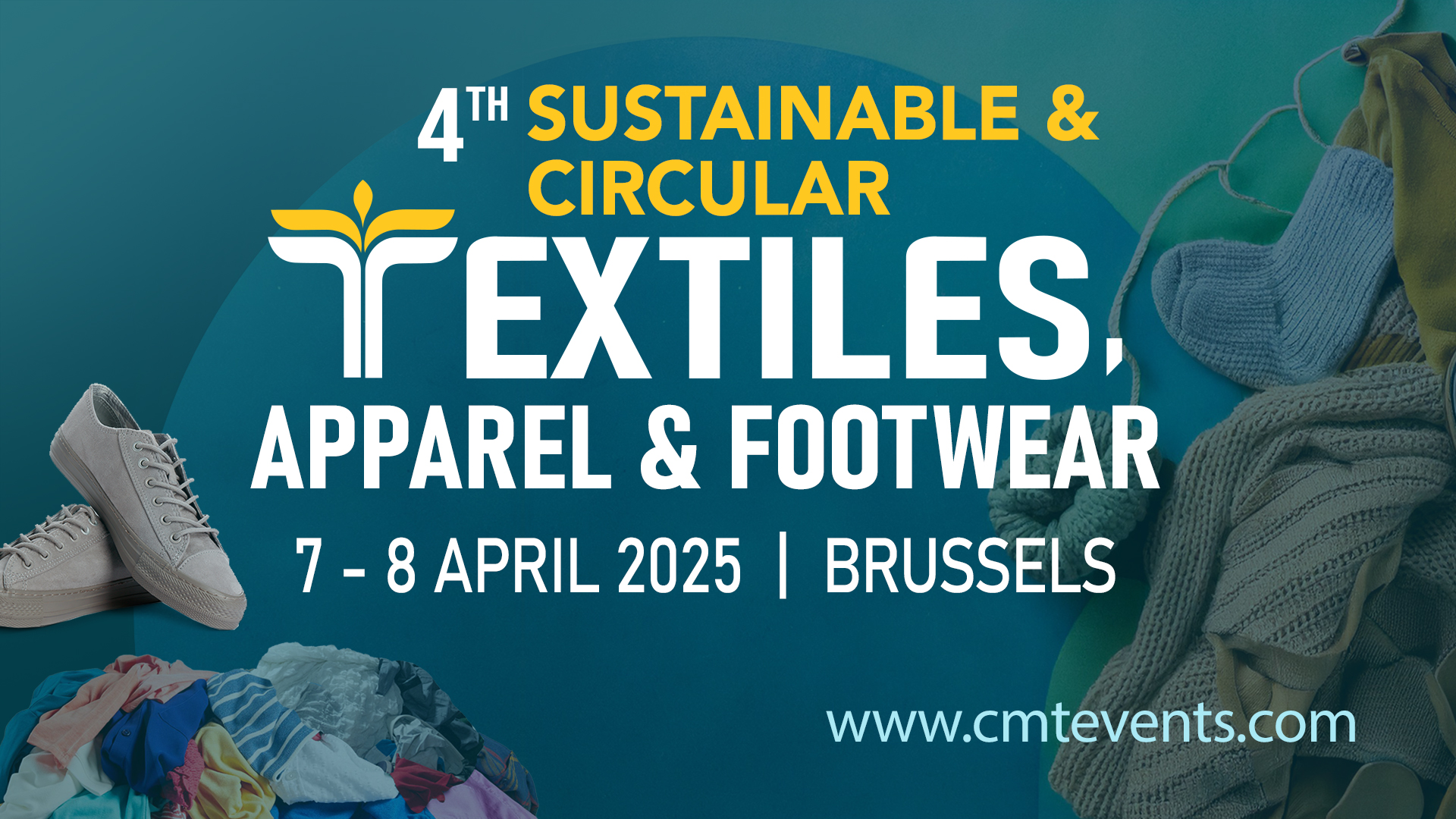Aviation currently accounts for approximately up to 3% of the total man made global carbon emissions. Without timely action, it could rise to up to 22% by 2050. To address its environmental impact without compromising on its business growth, the aviation industry has committed to carbon-neutral growth and reducing net carbon emissions to 50% below 2005 levels by 2050.
More than 99% of all airline emissions are related to jet fuel. Increased energy efficiency and reduction in energy demand are usually pretty effective ways to reduce fuel consumption and its greenhouse gas emissions; however these tweaks are not the most efficient solutions when it comes to solving the issue of aviation-related emissions.
Because aircrafts are not compatible (for now) with alternative energy sources (like hydrogen or electricity), they will continue to remain reliant on liquid fuels for the foreseeable future. Sustainable aviation fuel (SAF) made from renewable feedstock and raw material residue such as animal fat and used cooking oil, is currently the most important short-term solution that will reduce the industry’s carbon footprint.
Saf Taking Over The World In 2021
Asia
The Singapore Government is currently reviewing the findings of a study conducted on the operational and commercial viability of using SAF at Changi Airport, one of the largest transportation hubs in Asia. Transport Minister S. Iswaran said SAF can reduce carbon emissions by up to 80%, compared with conventional jet fuel on a lifecycle basis, but it is two to five times more expensive. The study has presented viable feedstock-technology combinations for the production of sustainable aviation fuels in Singapore that will also facilitate production and therefore reduce costs, making it more attractive for aviation companies, Singapore-based carriers and travelers alike.
“One of the things we need to look at is, how we cannot just make it available in sufficient quantities which in itself is a challenge, but also do so in a manner that is cost competitive,” he added. So long before we talk about physically exporting them to other locations, there are supply chain developments already taking place in Singapore. Our focus is on cost viability and adequate supply. Once we’re able to work on this and implement this, then it will be available to aviation players in Singapore, based out of Singapore using Changi as a hub, and potentially also for the region,” said Mr. Iswaran.
Europe
Some kilometers across, all the way in London, Heathrow airport made some exciting news this year. In June, it announced its collaboration with Vitol Aviation and Finnish SAF firm Neste to incorporate SAF into its main fuel supply, making Heathrow the first major UK airport to use the cleaner fuel into its mix. Later in the year, eight companies in the island nation were shortlisted to receive a portion of a £15m investment to develop sustainable aviation fuel (SAF) under the country’s Green Fuels, Green Skies (GFGS) competition. The money these companies received was used to develop production plants across the UK that would convert waste into aviation fuel, using different waste products, such as alcohol, household waste, and sewage.
Also in Europe, Swiss International Air Lines (SWISS) became the first airline in Switzerland to deploy Neste’s sustainable aviation fuel (SAF) in commercial flights in July 2021. “We are delighted to have received the first delivery of our own-sourced SAF into Switzerland so soon after these new customs regulations came into force,” said SWISS CEO Dieter Vranckx in a statement. “For years now, SWISS and the Lufthansa Group have been lobbying for the import of sustainable aviation fuels, because these will be the key technology for the mid-to-long term future in enabling us to achieve our climate goals for 2030.”
The Americas
In July 2021, American airline company Delta flew its first carbon-neutral delivery flight, using biofuels and carbon offsets, as the airline continues towards its goal of a 50% carbon emission reduction by 2050. It also signed a multi-year agreement with Corporate Travel Management (CTM), and purchased 300,000 gallons of SAF
Unlike Heathrow and SWISS, Delta didn’t work with Neste’s biofuel, but rather teamed up with British supplier Air BP for the provision of biofuels for a pilot project of 20 delivery flights from the Airbus assembly line in Alabama, US. “Today’s carbon-neutral delivery flight is a milestone on Delta’s sustainability journey as we work to cut carbon emissions in half by 2050,” said Alison Lathrop, Delta’s managing director. “We are excited to partner with Air BP and Airbus to power these delivery flights with biofuels and carbon offsets, and will explore opportunities to bring this level of sustainability to all delivery flights going forward.”
Opponents
But because SAF can be expensive to produce and will require some companies and countries to invest time and money into it, some institutions are not that excited about sustainable biofuels, “insufficient supply and high prices have limited airline uptake to 120 million litres in 2021 — a small fraction of the 350 billion litres that airlines would consume in a ‘normal’ year”, according to the International Air Transport Association (IATA).
The European Union published it’s “Fit for 55” policy reform proposals, which refers to the at least 55% emission reduction target which the EU has set for 2030. This proposal included a strong reliance on taxation as a solution for cutting aviation emissions. And the International Air Transport Association (IATA) was not too happy about it. In a statement, the IATA claimed “EU policy needs to support practical emission reduction measures such as incentives for Sustainable Aviation Fuels (SAF) and modernisation of air traffic management”
Willie Walsh, IATA’s director general also said, “Aviation’s near-term vision is to provide sustainable, affordable air transport for all European citizens with SAF-powered fleets, operating with efficient air traffic management. We should all be worried that the EU’s big idea to decarbonize aviation is making jet fuel more expensive through tax”








